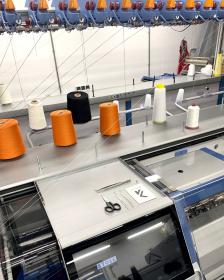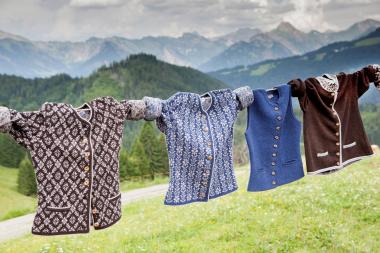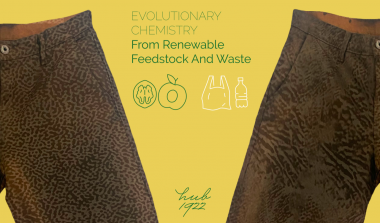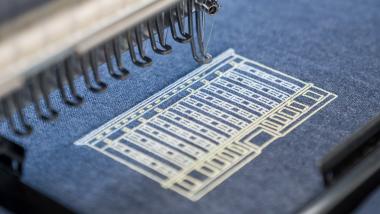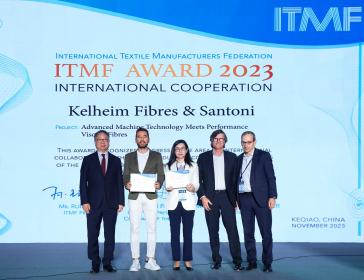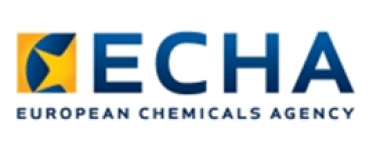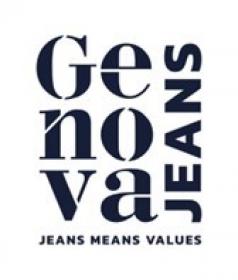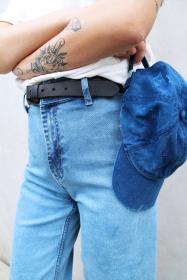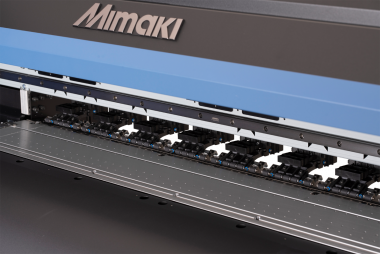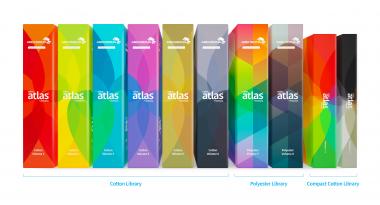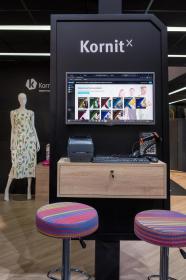Knitwear Lab relies on CREATE PLUS patterning software by STOLL
The Dutch company Knitwear Lab helps visions become reality. The creative think tank offers capacities in the areas of R&D, design, knitwear development and production of prototypes and small quantities and has thus implemented a wide range of projects in recent years. The objects range from medical products and high-tech sportswear to smart textiles with integrated sensors. Sustainability activities are also part of the repertoire, such as the production of yarns from recycled waste.
Knitwear Lab operates at two locations for its diverse tasks: Almere in the Netherlandsis available for development work. In Istanbul, there is a branch for production. Both Knitwear Lab sites each have five STOLL flat knitting machines, including models from the modern ADF range. Prototypes are produced in Almere and there is small-scale production. The production plant in Istanbul specializes in the manufacture of high-quality knitwear in small quantities. STOLL is also involved in the creative processes. For the industrial development of knitwear, Knitwear Lab offers Virtual Knitting, a revolutionary method that combines virtual and physical elements of pattern development and knitwear production to reduce waste and pre-production steps. Customers can use Virtual Knitting to create realistic, producible collections, simplify their design iteration processes and take advantage of the wide range of real-life colorways. The basis for this is comprehensive knitwear expertise, the latest 3D software and the CREATE PLUS patterning software, which was developed by STOLL together with KM.ON.
"The 3D visualization of CREATE simplifies communication with the customer considerably. We use this function every day," says Annika Klaas, Senior Knitwear Programmer. She personally appreciates the uncomplicated grading and exchange of stitch dimensions and the much faster and more efficient work with Dimensioned Shapes that this makes possible. This helps her in her day-to-day work. "We often have requests to realize the same product in different yarns, which now works much faster," says the programmer. Further simplifications would include minor optimizations in terms of the efficiency and user-friendliness of programming and additional import and export options for shapes. Discussions on implementation are already underway.
KARL MAYER GROUP


